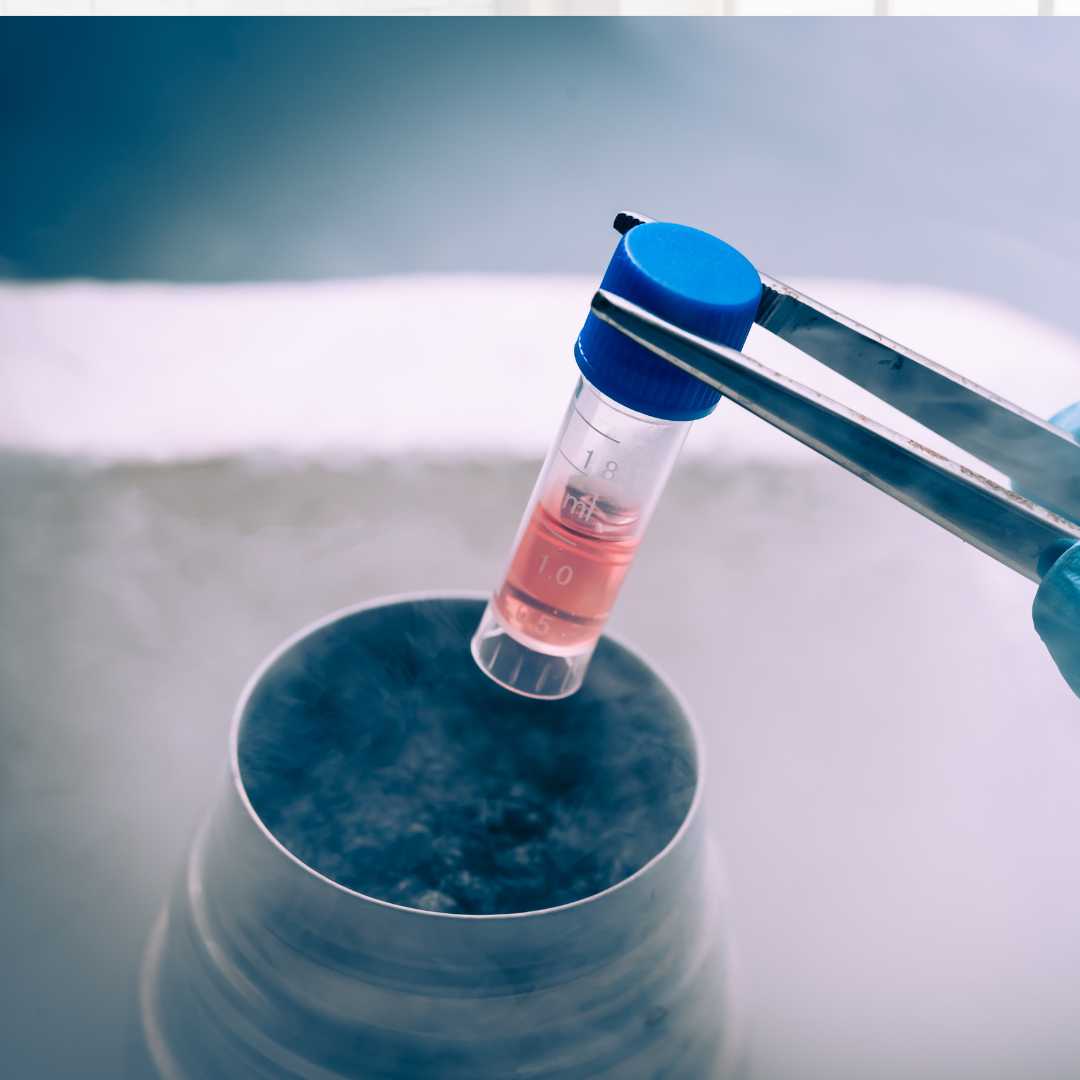Is Stem Cell Therapy for Autism FDA Approved? Exploring Its Effectiveness

No, stem cell therapy for autism is not currently FDA-approved. The U.S. Food and Drug Administration (FDA) has not approved any stem cell treatments for autism spectrum disorder (ASD). While some clinics offer stem cell therapy for autism, these treatments are considered experimental. The FDA has issued warnings about unproven stem cell therapies, emphasizing the potential risks involved, including infection and other complications.
The Promise of Stem Cell Therapy for Autism
Stem cell therapy has been used to treat a variety of conditions, from spinal injuries to autoimmune disorders, and its potential to address neurological conditions like autism is an area of growing interest. The therapy involves using stem cells, which are unique in their ability to develop into many different cell types, to repair or replace damaged tissues in the body.
In the context of autism, researchers and clinics have explored how stem cells can impact brain function, inflammation, and neural connections. The idea is that stem cells may help regulate the immune system, reduce inflammation in the brain, and promote the growth of healthy brain cells, ultimately improving behavioral symptoms related to autism.
For this purpose we have listed world some of the best clinics for stem cell therapy for autism.
|
Clinics |
Countries |
| Slovakia | |
| Dr. Omar Gonzalez Integra Medical Center |
Mexico |
|
Mexico |
|
|
Mexico |
|
|
Thailand |
Note: To book consultation with one of the best autism center in the world. Please contact with PlacidWay customer service team.
Real-World Success Stories
While official FDA approval is still pending, many families have turned to stem cell clinics offering experimental treatments to try and manage their child’s autism symptoms. Reports from these families highlight significant improvements in speech, social interactions, and cognitive function following stem cell therapy.
For example, some parents have reported noticeable improvements in their child’s ability to communicate and interact socially after undergoing stem cell treatments. Other improvements cited include better eye contact, reduced hyperactivity, and a calmer demeanor overall. While these stories are anecdotal, they provide a compelling glimpse into what stem cell therapy could offer for those on the autism spectrum.
Clinical Research and Trials
The science behind stem cell therapy for autism is still evolving. Various clinical trials are underway, and early results are promising. For instance, some studies have shown that mesenchymal stem cells (MSCs), a specific type of stem cell, may reduce neuroinflammation—thought to be a contributing factor to the symptoms of autism. These findings open doors to further research on how stem cells can modulate the immune system and potentially correct neurological imbalances in autism patients.
Although the FDA has not yet given its approval, experts remain optimistic that ongoing clinical trials could provide the necessary evidence to make stem cell therapy a mainstream treatment option for autism in the future.
Why Families Are Hopeful
The lack of an FDA stamp of approval does not deter many families from exploring stem cell therapy for autism. In fact, the potential benefits of stem cell treatment—improved behavior, communication, and social skills—give families a sense of hope. Traditional therapies, while effective to some extent, may not fully address all aspects of autism, which is why parents are looking at alternative treatments like stem cell therapy.
Another reason stem cell therapy is gaining traction is the high reported success rates from some clinics. Some experts and clinics claim up to a 90% success rate in treating autism with stem cell therapy, based on improvements observed in patients over time. While these figures are encouraging, it’s essential to approach these claims with a critical eye, keeping in mind that results can vary from patient to patient.
The Road Ahead: A Balanced Perspective
It’s important to remember that stem cell therapy for autism is still in the experimental phase. While early success stories and clinical trials are promising, more research is needed before this treatment becomes widely available with FDA approval. However, for families willing to explore alternative therapies, stem cell treatment offers a new ray of hope. The future may hold more concrete answers as scientists continue to study its effectiveness.
Learn More About the Procedure.
While stem cell therapy for autism is not yet FDA-approved, the therapy’s potential to improve quality of life for those with autism is drawing attention. Families who have experienced positive results are optimistic, and ongoing clinical research suggests that stem cell therapy may one day become a powerful tool in autism treatment.
If you’re considering stem cell therapy for autism, consult with a healthcare professional to weigh the potential benefits and risks. As with any emerging treatment, it’s essential to stay informed and make decisions that prioritize the well-being of the individual receiving treatment.







.png)

.png)


.png)

